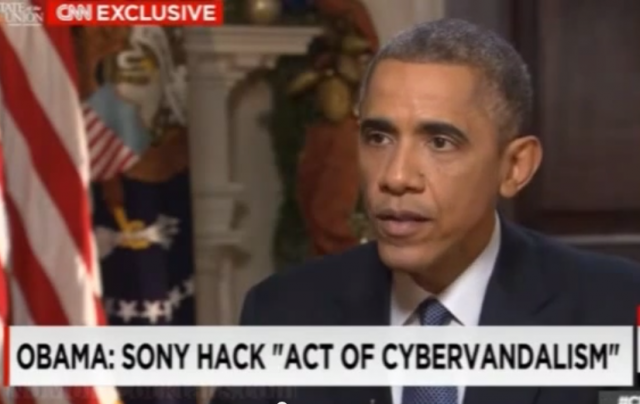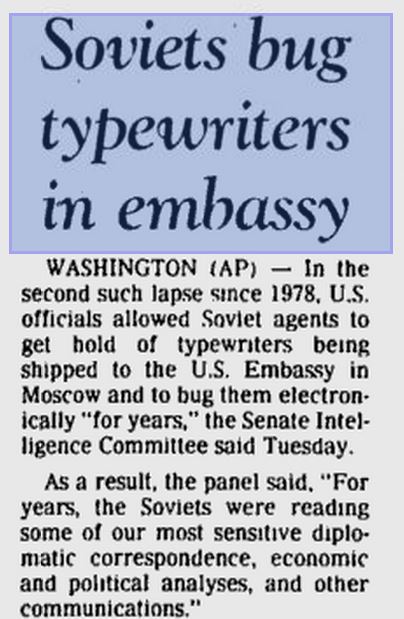The group of pro-Assad hackers calling itself the Syrian Electronic Army hacked The Guardian news outlet over the weekend, marking the latest in a string of cyberattacks from the same organization. The incident emphasizes the potential threat such attacks could pose if executed for goals far more malicious than intimidation or mere gain of public attention. And news outlets are among the most useful targets to such groups.
The
attack on The Guardian was in apparent retaliation for the outlet’s coverage on the conflict in Syria. Last year, The Guardian also published a cache of emails between Syrian president Bashar al-Assad and his inner circle, in articles that were, not surprisingly, not very flattering of Assad.
On April 15
th, the same organization
hacked NPR and several of its Twitter accounts, also over the outlet's coverage of Syria. Only days later, the Syrian Electronic Army
hacked several of CBS’ Twitter accounts and sent out pro-Syrian propaganda, including false claims that the CIA is arming Al-Qaeda terrorists in Syria.
The same week, the group also compromised
Twitter accounts of the Associated Press to tweet out a false message, causing the Dow to temporarily plummet.
The false tweet said there had been two explosions at the White House and that President Barack Obama was injured. The attack on AP's Twitter account and the AP Mobile Twitter account was preceded by phishing attempts on AP's corporate network. […]
The false tweet went out shortly after 1 p.m. and briefly sent the Dow Jones industrial average sharply lower. The Dow fell 143 points, from 14,697 to 14,554, after the fake Twitter posting, and then quickly recovered.
And in March, several of
BBC’s Twitter accounts were also hacked by the same group. They tweeted out snarky messages such as, “Saudi weather station down due to head-on collision with camel.”
But these attacks from the Syrian Electronic Army aren’t limited to recent weeks.
 But the Sony hack allegedly by North Korea which led to terrorist threats against movie theaters and a national self-censorhip?
Is that really all it was, "cyber-vandalism"?
According to Obama, yes, Obama: North Korea hack ‘cyber-vandalism,’ not ‘act of war’:
But the Sony hack allegedly by North Korea which led to terrorist threats against movie theaters and a national self-censorhip?
Is that really all it was, "cyber-vandalism"?
According to Obama, yes, Obama: North Korea hack ‘cyber-vandalism,’ not ‘act of war’:
















